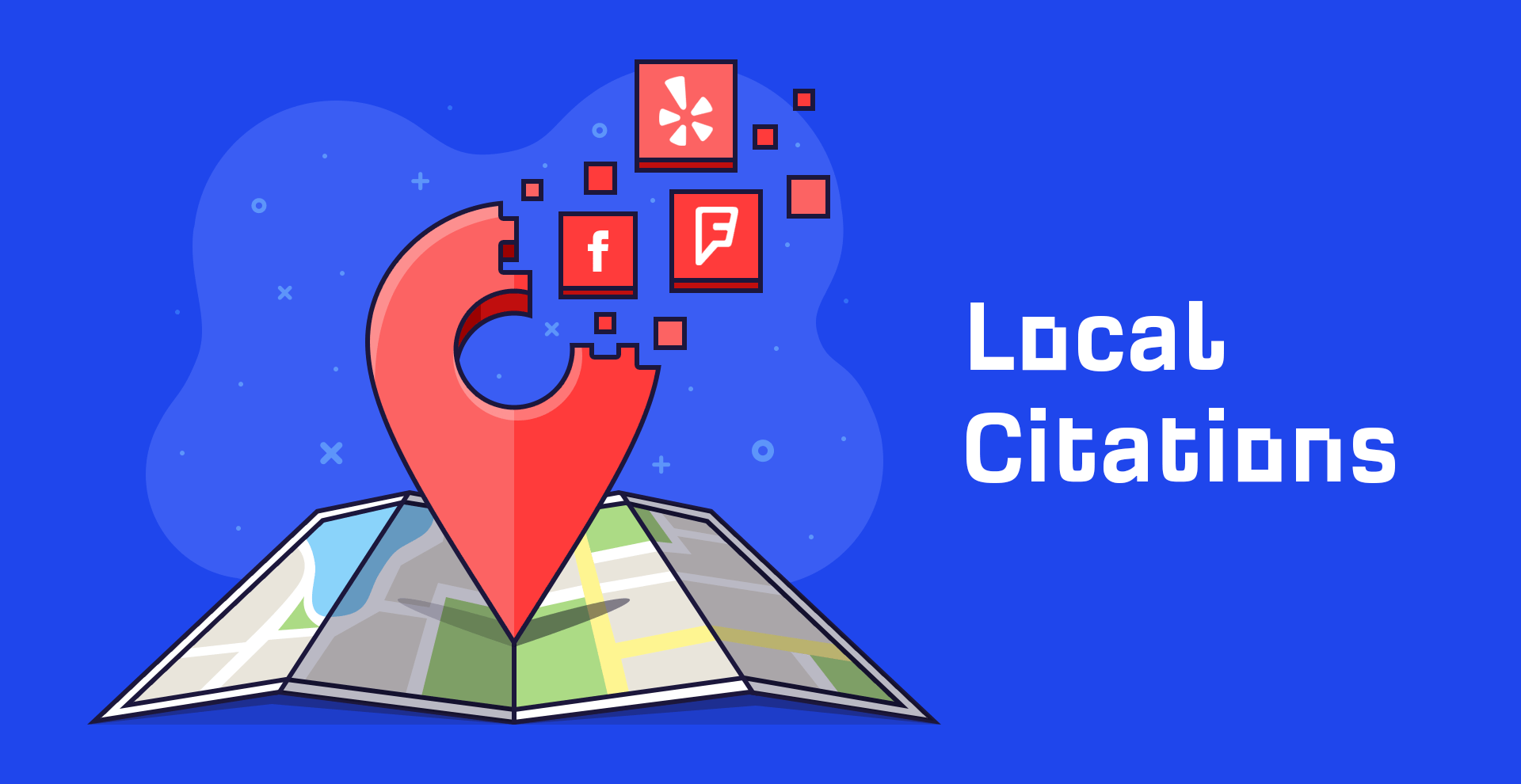Building Local Citations That Google Trusts
Local citations play a major role in how Google evaluates and ranks businesses in local search results. A citation is any online mention of a business’s name, address, and phone number – known collectively as NAP. When managed correctly, citations help Google verify that a business is real, legitimate, and relevant to a specific geographic area. For small and medium-sized enterprises competing in Australia’s crowded markets, getting this right can mean the difference between appearing in the Local Pack or disappearing from it entirely.
What is a local citation?
A local citation is a reference to your business’s key details on third-party websites such as directories, industry platforms, social networks, and mapping services. According to Google’s own guidance, consistent citations help confirm the accuracy of business information across the web. Examples include your Google Business Profile, Yelp, Bing Places, Facebook Pages, and local directories like Yellow Pages Australia and TrueLocal. When the same information appears across multiple trusted sources, Google’s systems treat it as a strong signal of credibility.
However, inconsistency can have the opposite effect. Mismatched addresses, outdated phone numbers, or duplicate listings confuse both users and search engines. Google’s help documentation notes that NAP consistency is a key factor in local ranking relevance and prominence. Maintaining uniform citations is not about quantity alone – it is about accuracy and trust.
How Google evaluates citations
Google’s local algorithm considers three main signals: relevance, distance, and prominence. Citations primarily influence the third category – prominence. Well-established businesses tend to have more mentions across authoritative sources. Citations from trusted domains reinforce a business’s existence and authority in a given region.
Google Search Central explains that machine-learning systems cross-check structured and unstructured data from multiple websites to evaluate trustworthiness. In practice, this means Google does not rely solely on your own site or Business Profile – it looks for consistent evidence elsewhere. If your ABN, address, and contact details are confirmed through external sources, Google is more likely to show your listing in local search results. This is why a targeted citation strategy is vital for local SEO.
The types of citations
There are two broad categories:
Structured citations appear on directories or business listings where your details are presented in a fixed format. Examples include Google Business Profile, Apple Maps, Bing Places, and local directories like StartLocal. These are easy for search engines to read and validate.
Unstructured citations occur within blogs, news articles, or social posts. Even without formal fields, Google’s natural-language systems can detect mentions of your business and link them to your entity. For example, a local newspaper mentioning “Café Sorrento on Collins Street, Melbourne” functions as a citation even if it is not a directory listing.
A healthy mix of both types strengthens your local authority. Structured citations establish baseline trust, while unstructured citations enhance context and relevance.
Best practices for building citations Google trusts
1. Audit your existing citations
Start by searching your business name and address on Google. Compile every instance you find and note discrepancies. Tools like Google Search Console and Google Maps can help identify duplicates or incorrect entries. Eliminate inaccurate records and update your NAP to match your official details.
2. Use primary sources first
Begin with Google Business Profile, Apple Maps, and Bing Places. These platforms feed data to many other services. Make sure categories, hours of operation, and service areas are accurate. Upload real photos and keep contact details consistent.
3. Choose relevant directories
Not every listing is helpful. Focus on directories that are trusted and specific to your industry or location. For example, a law firm should prioritise legal directories and chambers websites, while a restaurant should target Tripadvisor and Zomato. Quality matters more than quantity.
4. Maintain NAP consistency
Use exactly the same format for your business name, address, and phone number everywhere. Even minor variations like “Street” versus “St” can create ambiguity. Keep your official ABN and website URL uniform too.
5. Add enhanced data
Where possible, include extra details such as opening hours, services, and images. Google’s systems reward complete profiles because they enhance user experience. Rich citations also increase engagement and click-through rates.
6. Monitor and update regularly
Business details change over time – especially for multi-location brands. Set a quarterly schedule to check your citations and update any changes. Monitoring reviews and photos is also important as Google uses freshness signals to evaluate relevance.
7. Leverage unstructured mentions
Encourage local coverage by sponsoring events or participating in community initiatives. When local media mention your business, those references strengthen your entity profile. Share positive stories on social media to amplify visibility.
The role of a professional agency
Building and maintaining citations at scale requires time, accuracy, and ongoing monitoring. This is where a professional SEO Agency adds value. An agency can conduct audits, use advanced tools to detect duplicates, and implement systematic updates across hundreds of platforms. They also ensure your data feeds into aggregators that supply information to voice assistants like Google Assistant and Apple Siri.
For businesses wanting a broader growth strategy, a digital marketing agency can integrate citation management with SEO, content marketing, and paid campaigns. This ensures your brand is not just visible in local maps but also across organic and social channels. Agencies specialised in multi-location optimisation can even sync your citations with Google Merchant Centre and Local Service Ads for a complete local presence.
Common mistakes to avoid
- Over-submitting to low-quality directories: Mass submissions to spammy sites can damage credibility. Stick to reputable platforms verified by Google.
- Neglecting secondary information: Outdated photos, broken links, or missing categories reduce user trust.
- Ignoring duplicate listings: Multiple entries for the same business can confuse search engines and customers.
- Failing to track performance: Use analytics to measure traffic from local directories and update strategies accordingly.
Conclusion
Citations are more than just directory links – they are proof of existence and authority. In Australia’s competitive digital landscape, businesses that maintain accurate, consistent, and well-distributed citations earn more trust from Google and customers alike. A structured citation strategy not only enhances local visibility but also builds a foundation for long-term growth. By partnering with an experienced SEO Agency or digital marketing agency, you can ensure your business information remains accurate across the web and continues to rank in the places that matter most.






